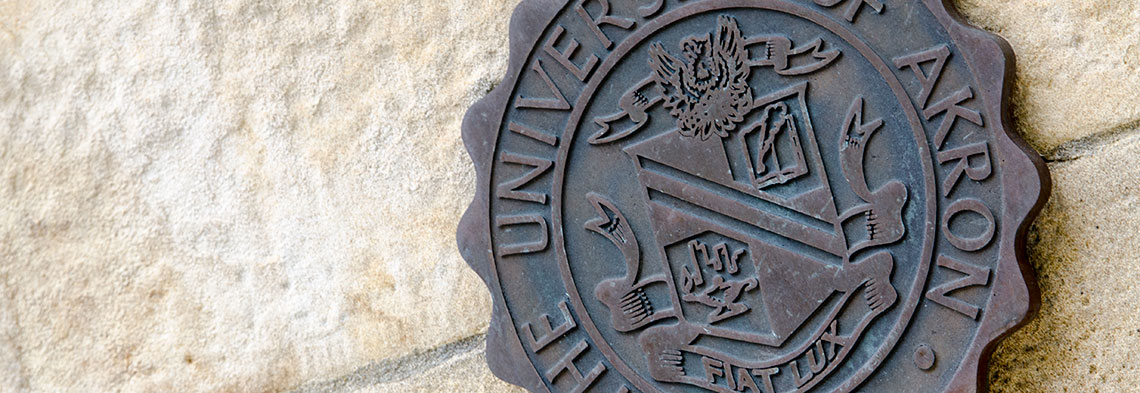Document Type
Article
Publication Date
January 2012
Abstract
The Migratory Bird Treaty Act (MBTA) contains a very broad ban on harming migratory birds, as well as a strict liability standard for misdemeanor violations. Without further limitation, the MBTA would theoretically apply to countless ordinary life activities, such as driving a car or having windows on one’s home. Naturally, there are due process concerns with such a scenario, so Congress expressly left it to the Department of the Interior to draft more detailed implementing regulations. Unfortunately, the existing regulations fail to adequately address the potential overbreadth of the MBTA’s misdemeanor application, forcing the courts to do so on an ad hoc basis. Such individualized legal analyses create the risk of developing bad law as a result of less-than-ideal test cases. This is exactly what took place in United States v. Apollo Energies, Inc., 611 F.3d 679 (10th Cir. 2010), the only appellate case dealing with the MBTA’s strict liability standard in the context of industrial harms — the current trend for enforcement — in several decades. In that case, the Tenth Circuit applied a “knew or should have known” standard to an industrial actor causing bird deaths, holding that criminal liability only attaches after the U.S. Fish and Wildlife Service has directly notified the defendant in writing of the danger his equipment presents to birds. This is a terrible case, as it completely writes the strict liability standard out of the statute. This Article argues that regulations — or even a written enforcement policy — that create prosecutorial limitations to avoid violating due process will prevent courts from struggling to cope with the MBTA’s theoretically broad reach, which can result in bad law. It sorts through the historical development of strict liability, especially in the public welfare offense context, and proposes that those engaged in activities where regulation should be foreseen — such as operating oil rigs, as in Apollo Energies — should be held to a higher standard than others. This is in line with the Supreme Court case law justifying strict liability in the face of due process challenges. Ultimately, the Article concludes that such across-the-board line drawing for the MBTA’s strict liability provisions would have prevented the Tenth Circuit from deciding Apollo Energies as it did.
Publication Title
Environmental Law
Recommended Citation
Kalyani Robbins, Paved With Good Intentions: The Fate of Strict Liability Under The Migratory Bird Treaty Act, 42 Environmental Law ___ (2012).


